Europe energy crisis bites as continent braces for bitter winter
Europe is currently faced with an energy crisis as gas and electricity prices have reached unprecedented levels amid the Russian military operation in Ukraine.
European governments feel threatened over the day-by-day worsening situation that would result in mass sufferings this winter.
Along with the ongoing Russia-Ukraine war, drought and rising temperatures in several parts have also aggravated the crisis in the continent.
“Whichever route governments choose, the coming winter is set to be plagued by social unrest,” says Naomi Hossain, a professor of development politics at the American University in Washington, DC.
"The cost of living has increased and yet you're still expected to live on the money provided for when there wasn't a crisis ... I either can have my heating on or eat," a UK resident, Philip Keetley, complained.
Meanwhile, the fear of energy shortage has drawn consumers to wood and caused them to store wood before the winter.
French burning firewood
In France, with an increase of 28.5 percent in energy prices, the condition is so bad that people are collecting firewood to use wood-burning fireplaces to brace themselves for the upcoming winter. This has also increased the demand for firewood.
According to reports, the price of electricity will record a new recession and will reach 1,750 Euros per megawatt hours.
In Germany, the year-ahead contract for electricity reached 995 euros ($995) per megawatt hours while the French equivalent surged past 1,100 euros.
The country’s Rhine River that plays a vital role in Europe’s transportation system is also contributing to the crisis, as drought has caused record-low water levels that are not allowing vessels to sail into the river full-loaded.
The UK, on the other hand, has seen mass strikes during the last weeks in the transport, shipping and postal industries, as workers demanded hikes in wages as they are not able to deal with the rising expenses.
Protesters gathered outside the supplier Ofgem's offices after it announced a whopping 80.06 percent increase in the energy price cap, sending the average household’s yearly bill from £1,971 to £3,549.
The “price cap” that is the amount suppliers can charge for each unit of electricity and gas used, has recently trended the news as people want to know that how much their bills can go up to. The system only affects customers from England, Scotland and Wales.
When people start complaining en masse about their inability to pay for their basic needs — and must choose between heating or eating — it can overturn governments, Hossain was quoted as saying.
"Often an energy protest turns into a political protest, like in Sri Lanka," she noted. "If I were a politician, I'd be really worried."
'Very difficult ahead for Brits'
British Prime Minister Boris Johnson also said the coming months will be difficult and perhaps "very difficult."
A disruptive chain of decrease in supplies that has led to a domino effect in the continent is now setting its feet into other untouched industries.
Ever since the Ukraine conflict, Russia has cut down its energy supplies to Europe, which has indirectly led to a rise in inflation.
Europe is still finding out ways to deal with the grim situation. It is also enforcing measures to cut down gas usage and, as an alternate source, has also started focusing on nuclear energy.

France detains Iranian journalist amid crackdown on pro-Palestinian voices

Israel revokes visas for 27 French MPs after Macron signals support for Palestinian state
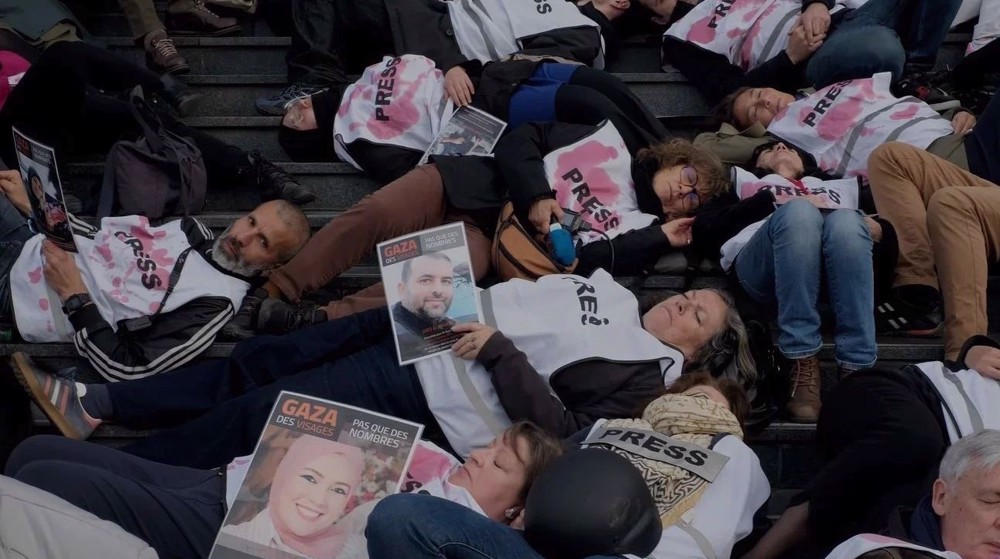
French journalists stage 'die-in protest' in support of Palestinian reporters
Global reactions, offers of assistance pour in after huge deadly explosion in S Iran
Iran pres. stresses collective, effective fight against terrorism in calls with India, Pakistan PMs
Iran declares holiday in Bandar Abbas port as fire still raging
VIDEO | NY protesters demand end to genocide on Global Day for Gaza
VIDEO | Pope Francis funeral mass held in St. Peter's Square
VIDEO | UK education activists focus on decolonization
Iran supports any measure to strengthen peace, tranquility: Pezeshkian
Iran, Russia agree to transfer gas via Azerbaijan: Minister


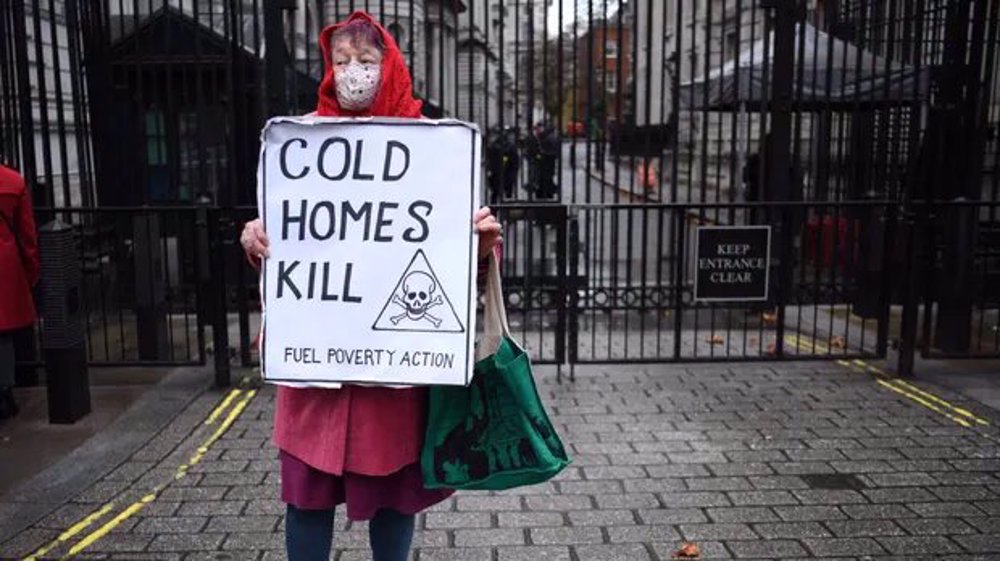



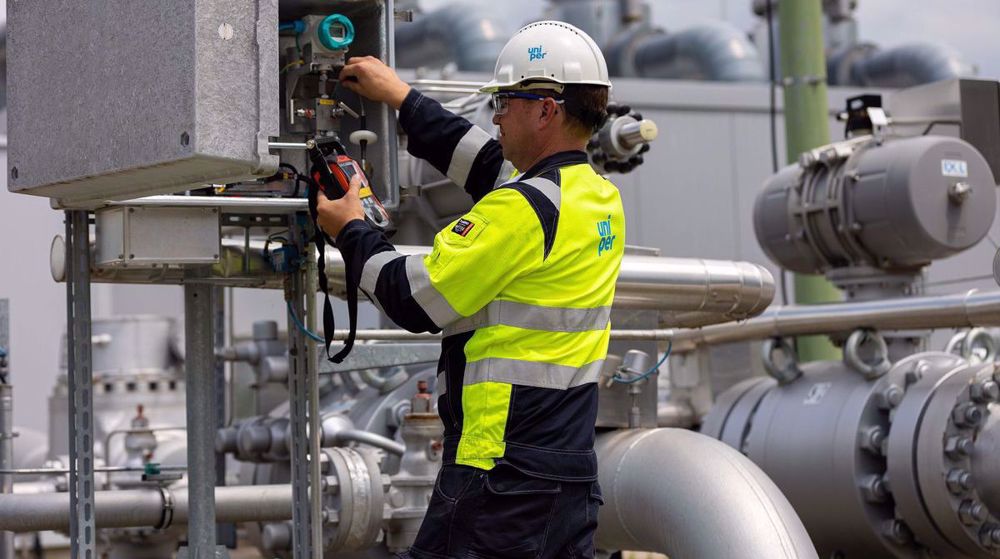
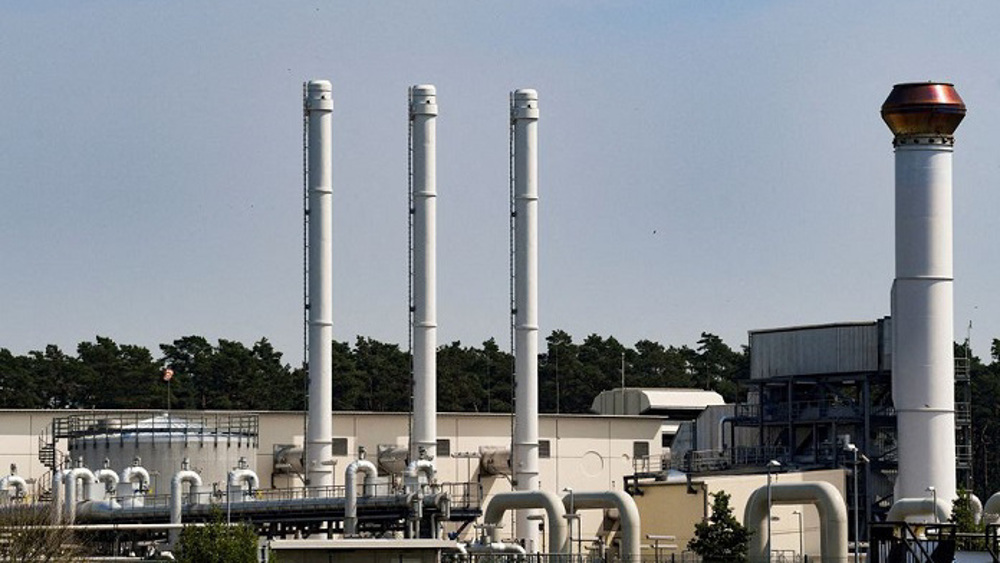
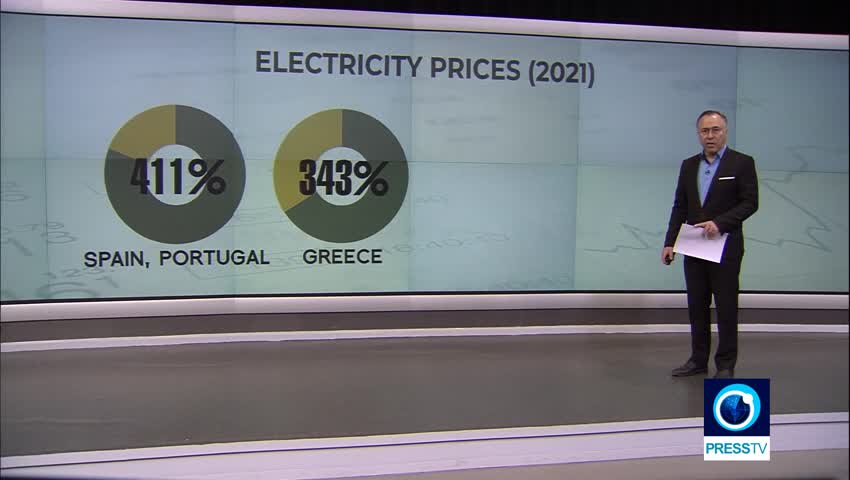
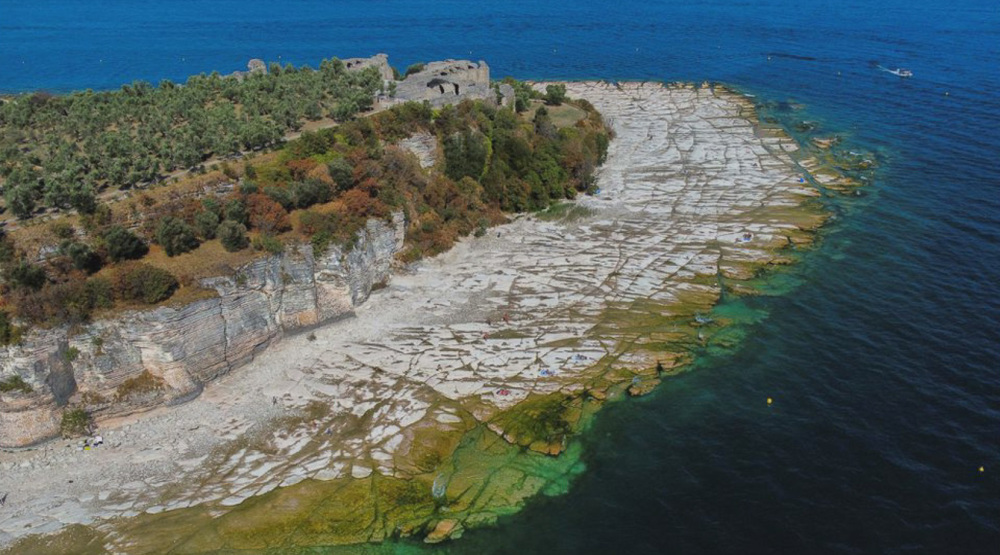
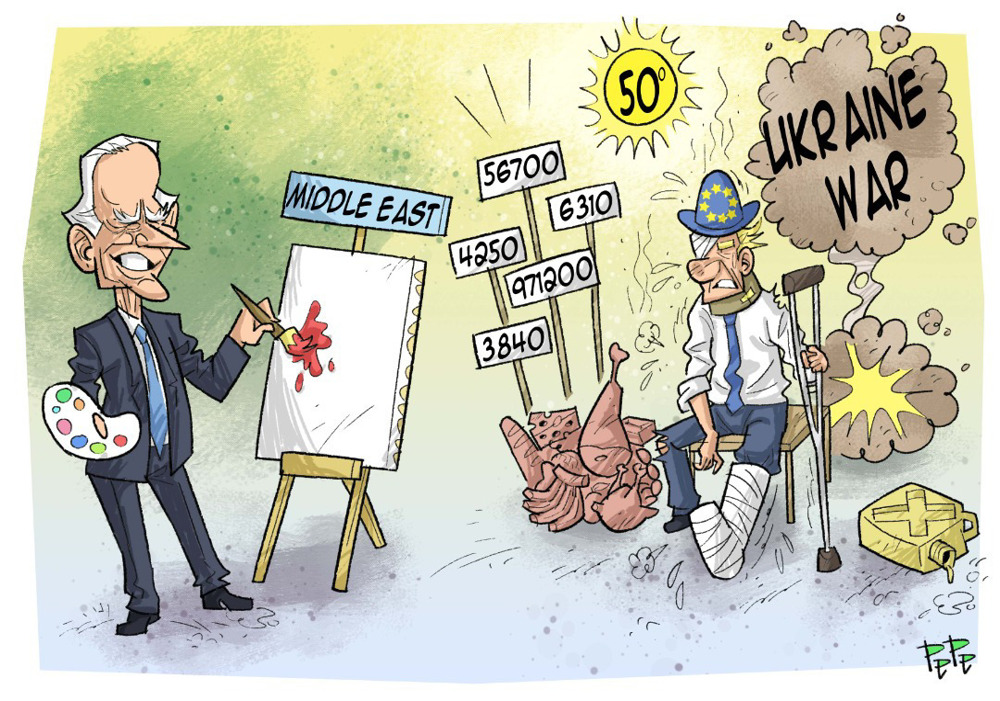
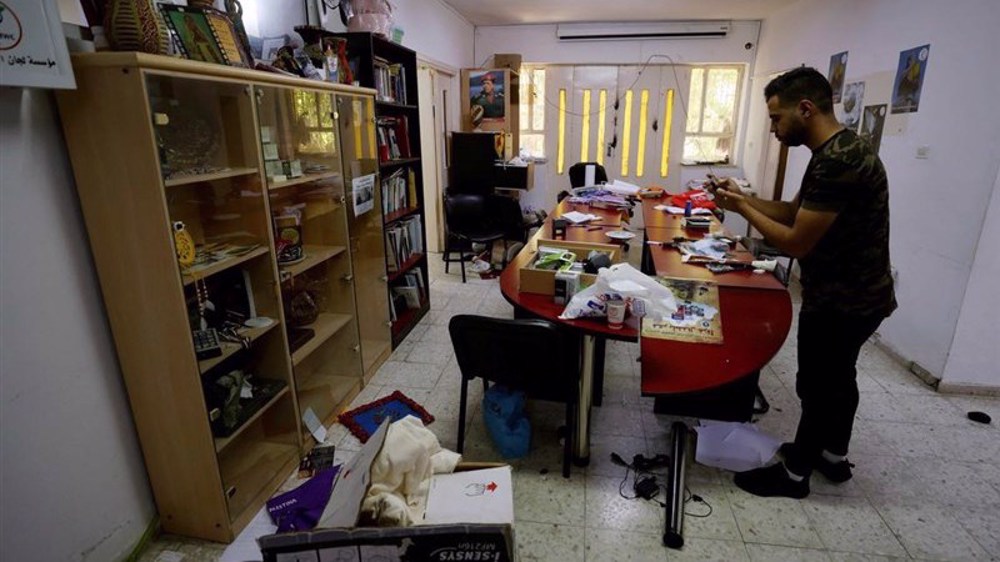
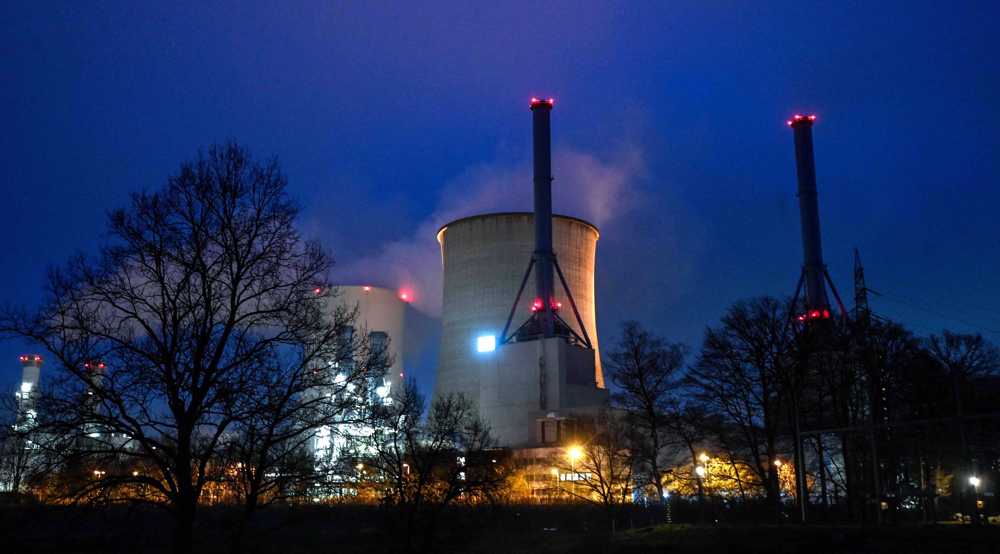

 This makes it easy to access the Press TV website
This makes it easy to access the Press TV website